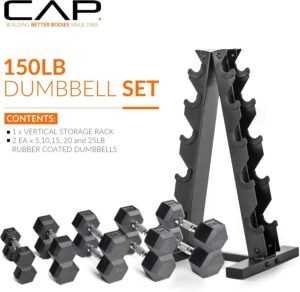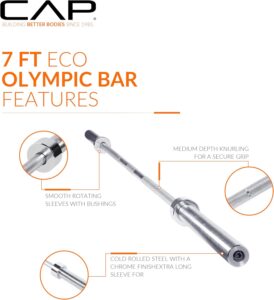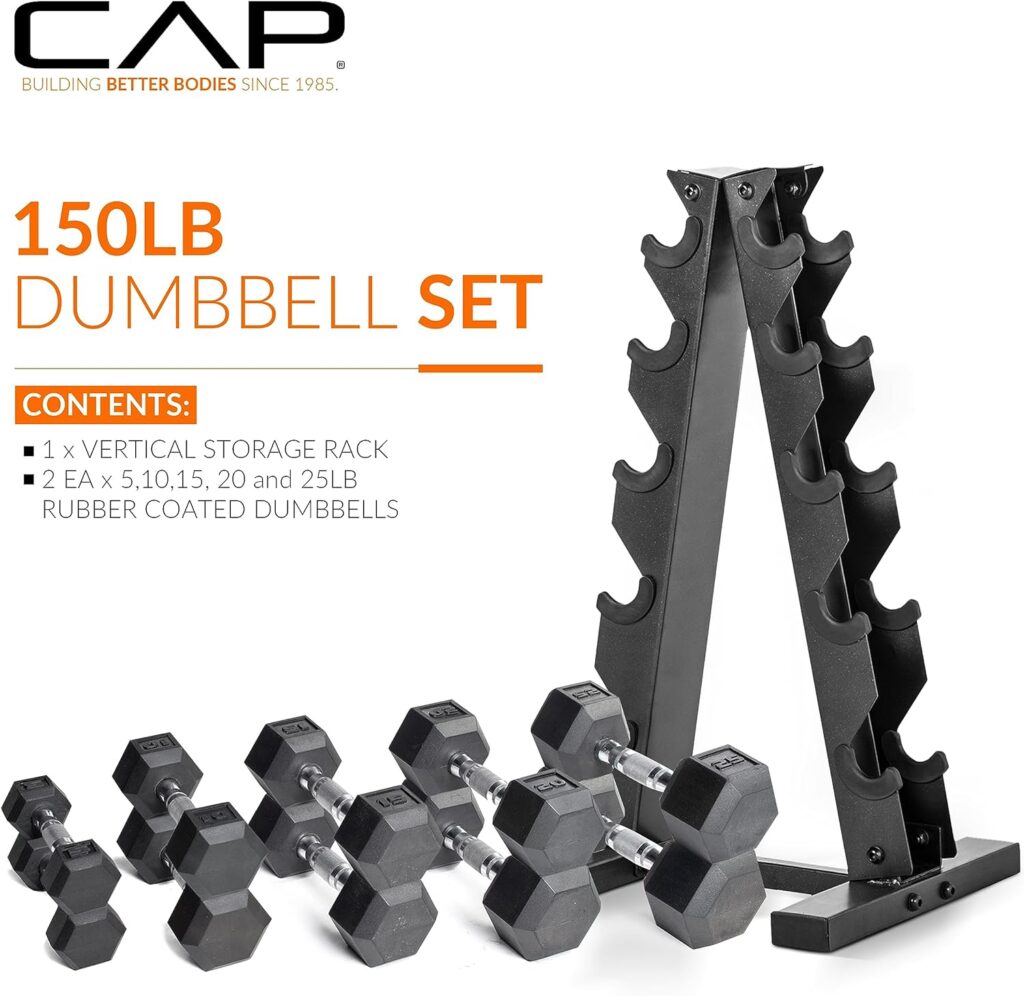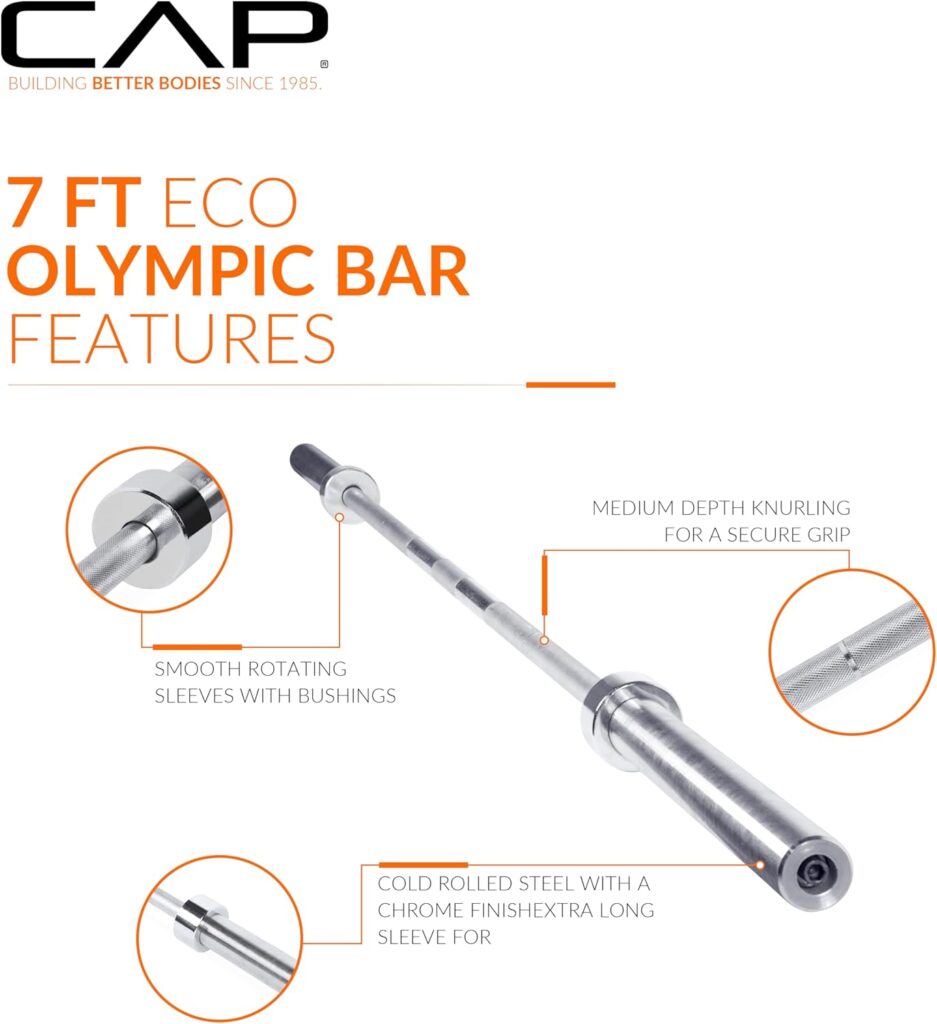In the world of bodybuilding, nutrition is king. Every morsel that passes your lips can make or break your gains. But what about sushi? This Japanese culinary art form has taken the world by storm, and for good reason. It’s delicious, visually appealing, and often touted as a healthy meal option. But does it have a place in a bodybuilder’s diet? Let’s dive into the choppy waters of sushi consumption for the iron-pumping crowd.
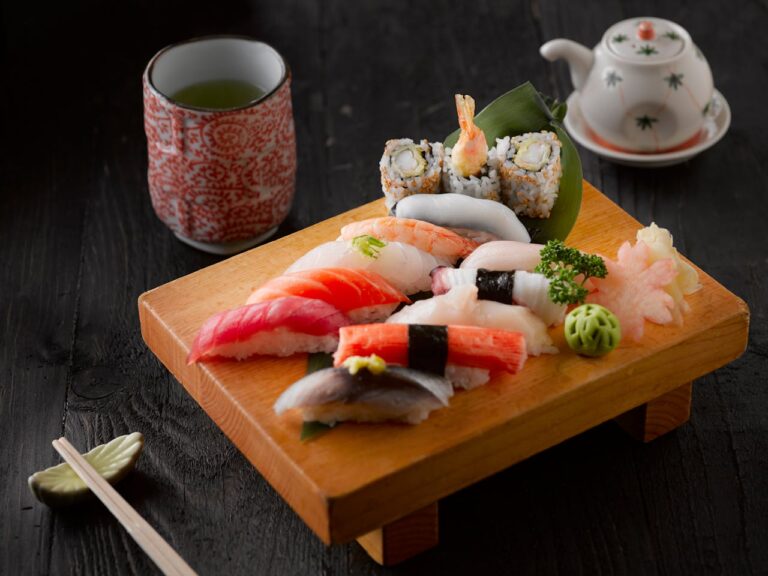
The Gains: Sushi's Bodybuilding Benefits
First, let’s talk about the good stuff. Sushi can be a secret weapon in your muscle-building arsenal, and here’s why:
- Protein Powerhouse: At the heart of most sushi is fish, a lean protein source that’s essential for muscle repair and growth. Whether it’s tuna, salmon, or mackerel, you’re getting a hefty dose of high-quality protein with every bite.
- Carb Loading Done Right: The rice in sushi isn’t just a filler. It’s a complex carbohydrate that can fuel your workouts and help replenish muscle glycogen after an intense session. It’s like a slow-burning fire for your muscles.
- Omega-3 Fatty Acid Feast: Fish, especially fatty varieties like salmon, are swimming in omega-3 fatty acids. These nutrients are inflammation-fighting superheroes, potentially speeding up your recovery and supporting overall health.
- Micronutrient Bonanza: Don’t overlook the seaweed wrap! Nori is packed with iodine, iron, and other minerals that keep your metabolism humming and your body functioning at its peak.
- Lean and Clean: Most sushi options are low in saturated fat, making it easier to stay lean while building muscle. It’s a clean protein source that won’t sabotage your cutting phase.
The Pains: Sushi's Potential Pitfalls
But before you swap all your chicken and broccoli for dragon rolls, let’s consider the potential downsides:
- Mercury Rising: Some fish, particularly larger species like tuna, can be high in mercury. Too much mercury can lead to serious health issues, potentially derailing your gains.
- Raw Risks: Consuming raw fish comes with a side of foodborne illness risk. Nothing kills your training momentum quite like a bout of food poisoning.
- Sodium Overload: Soy sauce is practically synonymous with sushi, but it’s a sodium bomb. High sodium intake can lead to water retention and bloating – not ideal when you’re trying to showcase those hard-earned muscles.
- Calorie Conundrum: Not all sushi rolls are created equal. Some, especially the Americanized versions with tempura or mayo, can pack a hefty caloric punch that might not align with your macros.
The Verdict: Can Sushi and Bodybuilding Mix?
Like many things in the fitness world, it comes down to balance and smart choices. Sushi can absolutely have a place in a bodybuilder’s diet, but it requires some strategy:
- Opt for sashimi or nigiri to maximize protein and minimize rice intake.
- Choose lower-mercury fish options like salmon or mackerel more often than tuna.
- Go easy on the soy sauce or opt for low-sodium alternatives.
- Avoid rolls with high-calorie additions like tempura or excessive mayo.
- Time your sushi meals around your workouts to make the most of the carbohydrates.
Remember, variety is the spice of life – and nutrition. Sushi can be an excellent way to break up the monotony of typical bodybuilding fare while still supporting your goals. Just be mindful of your choices and listen to your body.
In the end, if sushi helps you stick to your nutrition plan because you enjoy it, then it’s a win. Bodybuilding is a marathon, not a sprint, and sustainability is key. So go ahead, flex those chopstick skills, and enjoy your sushi – just don’t forget to lift heavy and often!
Hey there! We hope you love our fitness programs and the products we recommend. Just so you know, Symku Blog is reader-supported. When you buy through links on our site, we may earn an affiliate commission at no extra cost to you. It helps us keep the lights on. Thanks.
Disclaimer: The information provided in this discussion is for general informational and educational purposes only. It is not intended as medical or professional advice. Only a qualified health professional can determine what practices are suitable for your individual needs and abilities.

